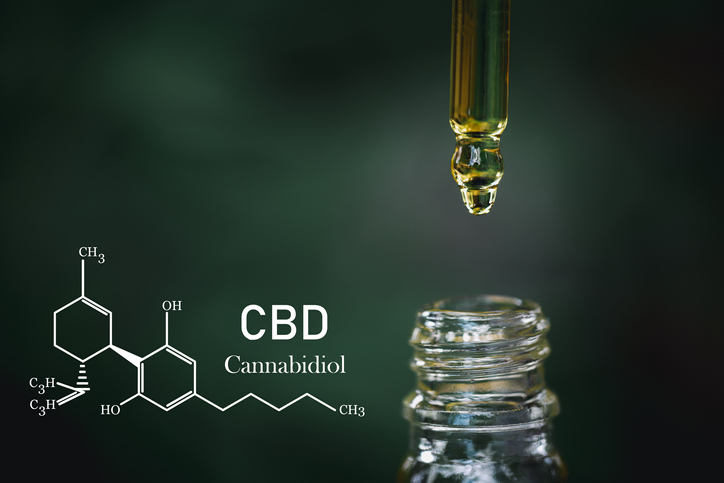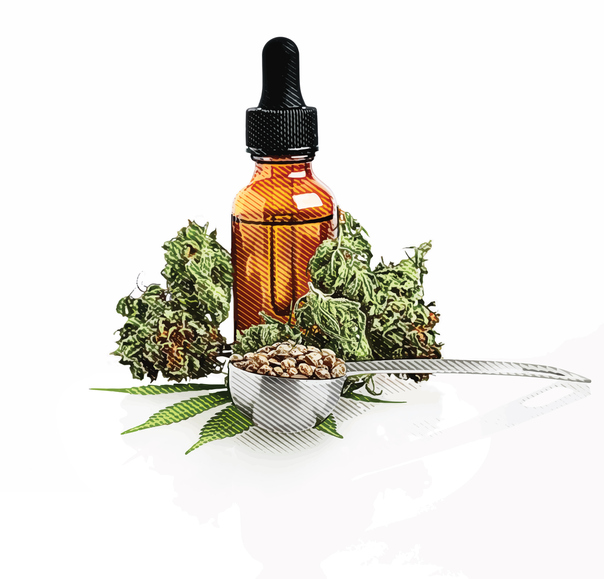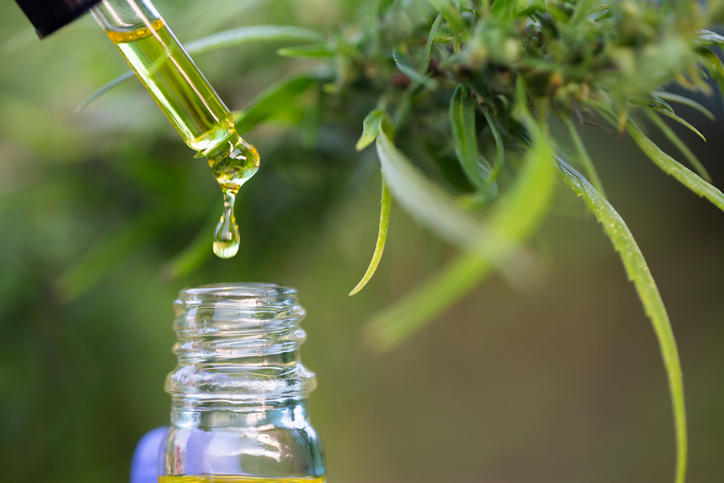Treatments
What Is CBD?

Cannabidiol, or CBD, is one of the natural compounds found in the Cannabis sativa plant, otherwise known as marijuana or hemp. CBD differs from THC because it does not have psychoactive properties; therefore, it does not create the “high” associated with the use of marijuana that contains tetrahydrocannabinol (THC).
Legality
Any cannabis plant or derivative containing more than 0.3% THC is considered a controlled substance, making it prohibited under U.S. federal law. However, many states have “medical marijuana” laws. Hemp, which is part of the plant Cannabis sativa L., with less than 0.3% THC is legal in the U.S. This makes many products containing CBD legal. Laws regarding selling products containing CBD vary from state to state. In Canada, CBD is a controlled substance and must be sold and consumed in strict accordance with the Cannabis Act.
How is CBD taken?
CBD is offered in various forms. Topical treatments, such as oil, lotion, bath bombs, soaps, and cream, are available for the treatment of muscle and joint pain and inflammation. Patches, tinctures, sprays, vapes and edibles allow the CBD to enter the bloodstream.
In the U.S., certain types of epilepsy and tuberous sclerosis can be treated with an oral solution of cannabidiol, which is not yet available in generic form. The prescription drug nabiximols, which is a THC/CBD combination oral spray, is available outside the U.S.
Safety
CBD has been shown to have no abuse or dependence potential, nor any public health related issues. The side effects associated with CBD include nausea, fatigue, dry mouth, diarrhea, reduced appetite, fatigue, and irritability. It may also increase the levels of other medications in the body, especially blood-thinners.
High doses may lead to abnormalities in liver-related blood tests. CBD is marketed as a supplement rather than a medication, meaning that the safety and proportions of ingredients are not FDA regulated. This product could contain a dose of the active ingredient that does not match the label, or it may contain elements that are not listed.
Benefits
CBD has shown to be beneficial with various issues. This includes, but is not limited to, the following:
- Chronic pain
- Sleep issues
- Mental health disorders
- Seizures
- Parkinson’s
- Huntington’s
- Motor disorders
- Multiple sclerosis
Additional source: MS Society(UK)


















